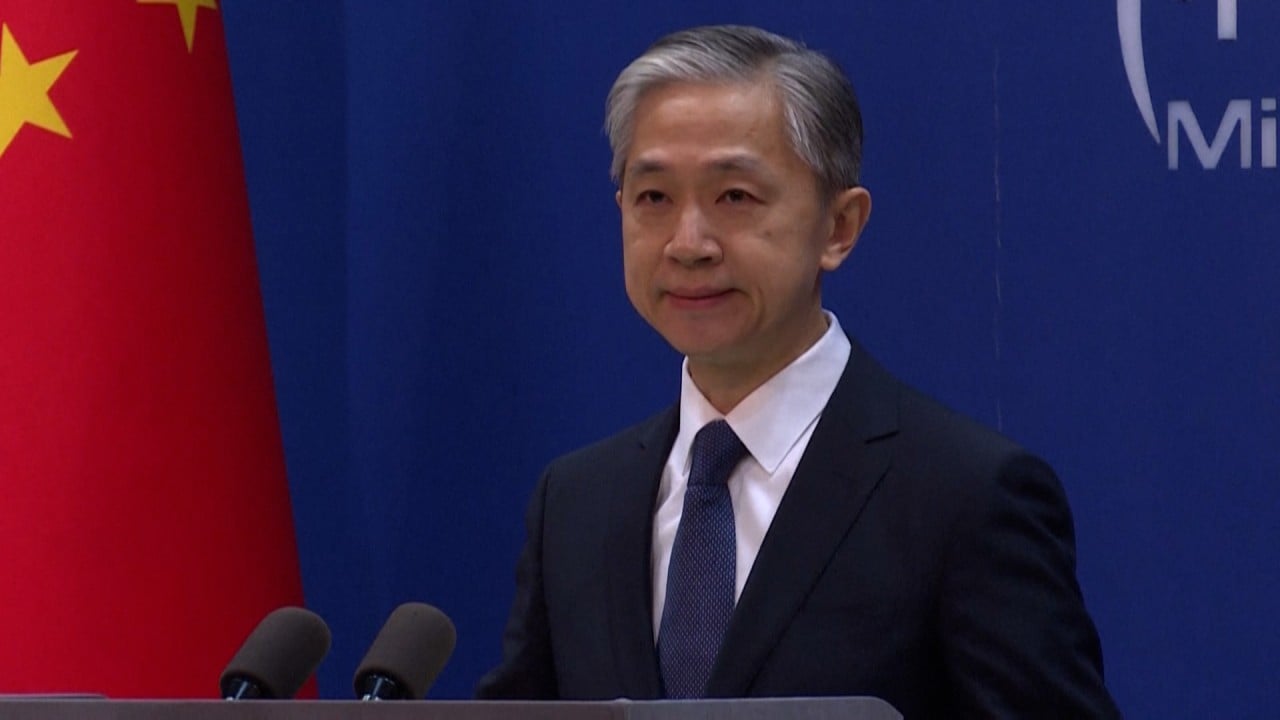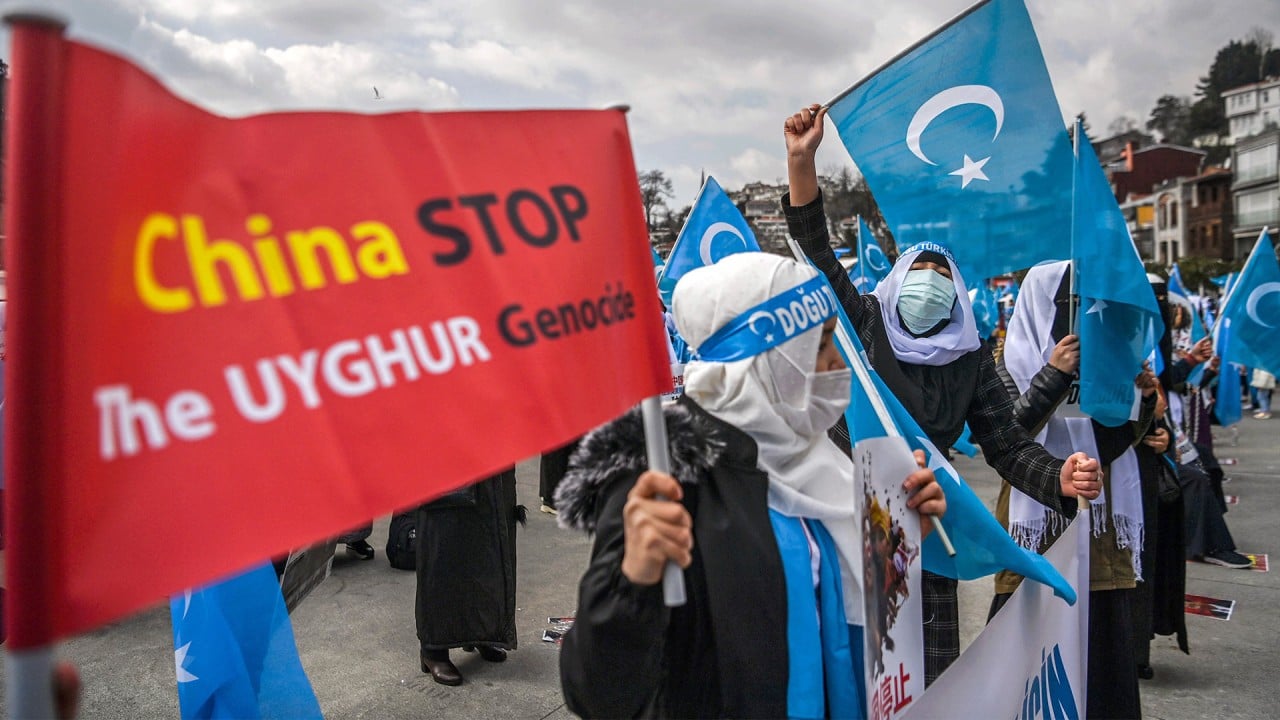
EU envoy urges China to bridge ‘trust deficit’ to revive investment deal
- Nicolas Chapuis says sanctions on European parliamentarians are one area where Beijing can take steps to create political space
- EU’s focus on its differences with China has suspended an agreement that took seven years to negotiate, academic says
With a landmark China-EU investment deal in the balance, European ambassadors have called on Beijing to create the political space to overcome a “trust deficit” to help revive the agreement.
Nicolas Chapuis, the European Union’s top envoy to Beijing, said Beijing’s defensive attitude towards outside criticism and its claims that the Chinese system was “superior” to that of the West prompted Europeans to ask whether China was challenging the political foundation of its relationship with liberal democracies.
“Over the last 18 months, it is true the political space for mutual understanding and mutual trust has been negatively impacted,” Chapuis said during a panel session at the World Peace Forum at Tsinghua University in Beijing.
“It brings to us concerns that these attitudes are not only assertive but it’s turning too aggressive, much to our dislike.”
Also on the panel, Luca Ferrari, Italy’s ambassador to China, said “the growing of distrust towards China has little to do with ideology and race. It has more to do with the economy, the epidemic ... and Wolf Warrior diplomacy.”

00:42
‘Major progress’ made on China-EU investment deal negotiations, says Beijing’s foreign ministry
Beijing has insisted that it has the right to hit back against Western sanctions, and has repeatedly warned that it will not tolerate interference in its internal affairs.
Zhou Hong, a specialist on China-EU relations with the Chinese Academy of Social Sciences, said the EU had focused so much on its differences with China that it had resulted in the suspension of an agreement that took seven years to negotiate.
“As a Chinese I have difficulty understanding the definition of ‘systemic rivalry’,” Zhou said at the session.
“We know we are from different systems. We managed to learn from each other to coexist peacefully and help each other.
“[But] I don’t understand why all of a sudden the difference of our social systems has become a big problem.”

01:26
US, UK, EU and Canada imposed sanctions ‘based on lies’, says China
During the question and answer session,Jiang Shixue, former deputy director of the Institute of European Studies at the Chinese Academy of Social Sciences, went so far as to suggest that Europe was being ungrateful towards Chinese investment, and simply following the US.
“When will the EU have its own independent foreign policy not like the copy cat of the US?” Jiang said.
Chapuis said both sides needed to keep the channels of communication open and called on Beijing to review its sanctions on European lawmakers.
“Political differences are obvious. But for the last 40 years we have managed to overcome, so why not now? Can’t we overcome the trust deficit?”
Chapuis added that even though European negotiators considered the CAI to be a “good deal”, Brussels was “squeezed” by the Chinese countermeasures and it was up to China to create “political space” for reviving the deal.
“China’s countermeasures stopped the ratification of the CAI due to lack of proportionality,” he said. “China decided to target members of parliament. And in a democracy, you target members of parliament, you target the whole country.
“If China wants the agreement, China needs to revise that policy.
“China can take steps to implement parts or all of the commitments that China has made under the agreement. It doesn’t have to wait for Europe to do it,” he said, adding that China could first ratify the international conventions on forced labour and open up new sectors for European investments.
“We need some positive signals on CAI so that we can go back to parliament and say, look, ... China is true to its words, China’s commitments should be trusted.”

